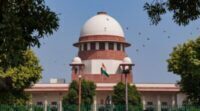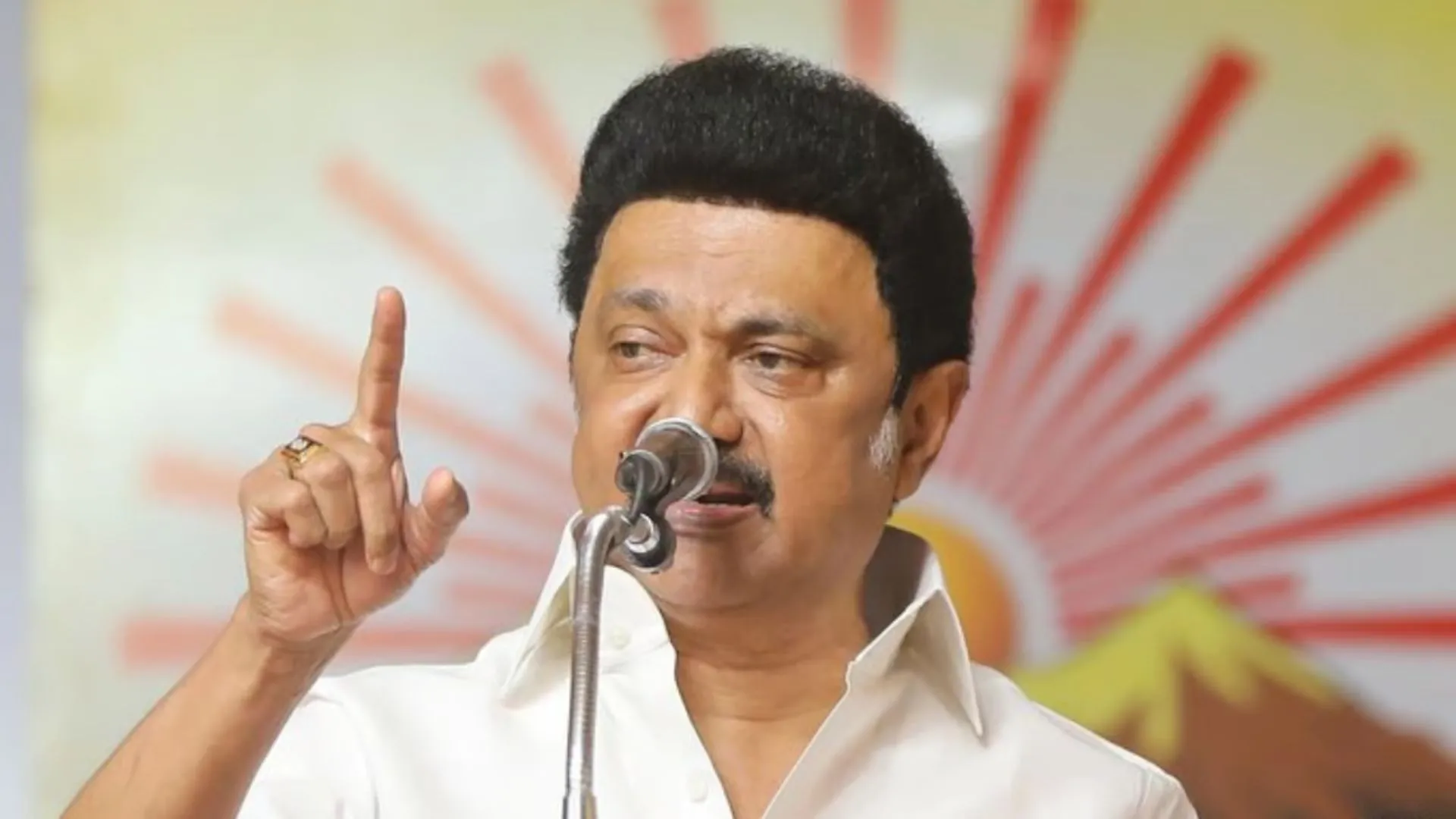The Supreme Court in the case Government of NGT of Delhi v. Ashwani Yadav observed and has stayed the direction of the Nation Green Tribunal, NGT wherein it had appointed the Lt. Governor of Delhi as the head of the High level Committee for the Yamuna river pollution.
The bench comprising of CJI DY Chandrachud, Justice PS Narasimha, and Justice Manoj Misra was hearing the present matter.
The counsel, Senior Advocate Dr AM Singhvi, appearing for the Delhi Government argued before the court that such power would not even be given to a Governor let alone an LG. It has also been submitted by him that the domain expert should be the head of the committee.
The bench of Justice Narasimha stated, while getting hold of the said argument that is it being the question of proprietary.
In the present case, the appeal was filed under Section 22 of the NGT Act, wherein it is argued that the appointment of LG as the head of committee in the order passed being violative of the constitution of India.
The petitioner in the plea stated that the executive power for matters which relates to local governance lies exclusively with the State Government, GNCTD under the Constitution, thus, except to the extent limited by an express Parliamentary law.
Further, the Delhi Government while referring to Article 239A of the Constitution of India argued that the LG is only a nominal figurehead except in areas of police, order and land where he exercises his powers in lieu of the power as designated by the Constitution of India.
The court also referred to the case State (NCT of Delhi) v. Union of India, wherein it has been held by the Apex Court that the elected government of the NCT of Delhi has exclusive executive powers over all the subjects in the State and Concurrent List, apart from the three excepted subjects of ‘public order’, ‘police’ and ‘land’..
It has also been stated in the plea that the remedial measures for the management of solid waste do not fall under these excepted heads.

















